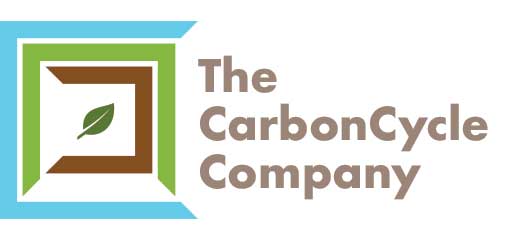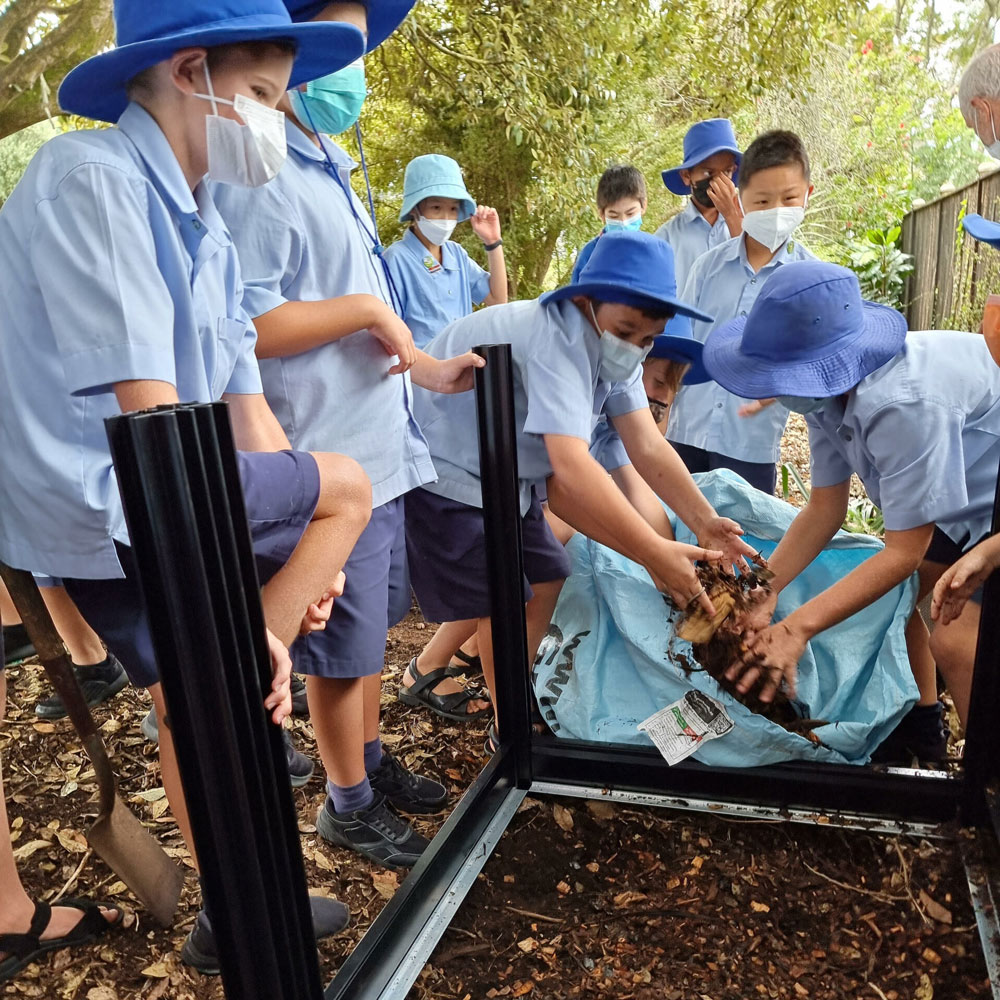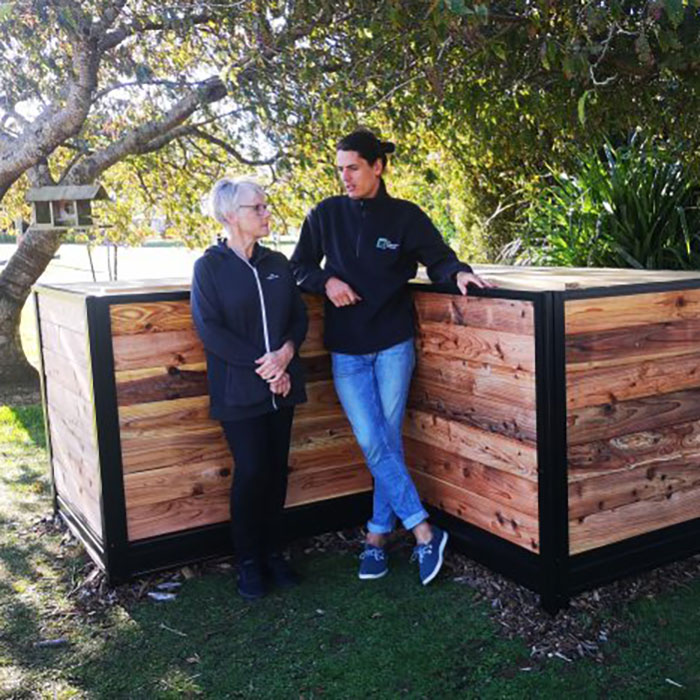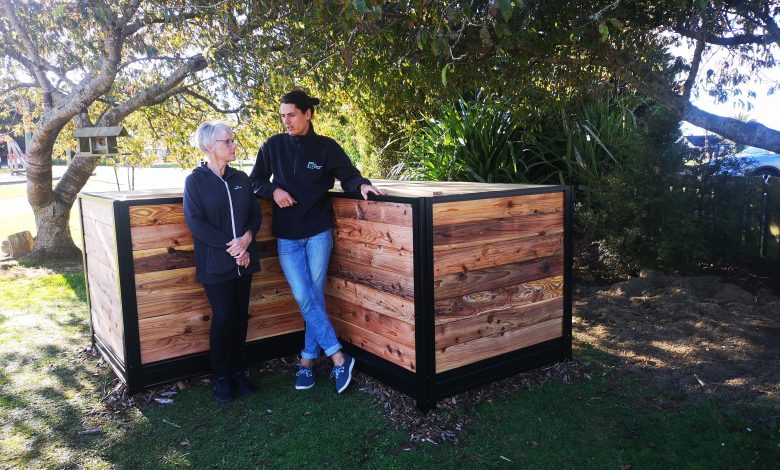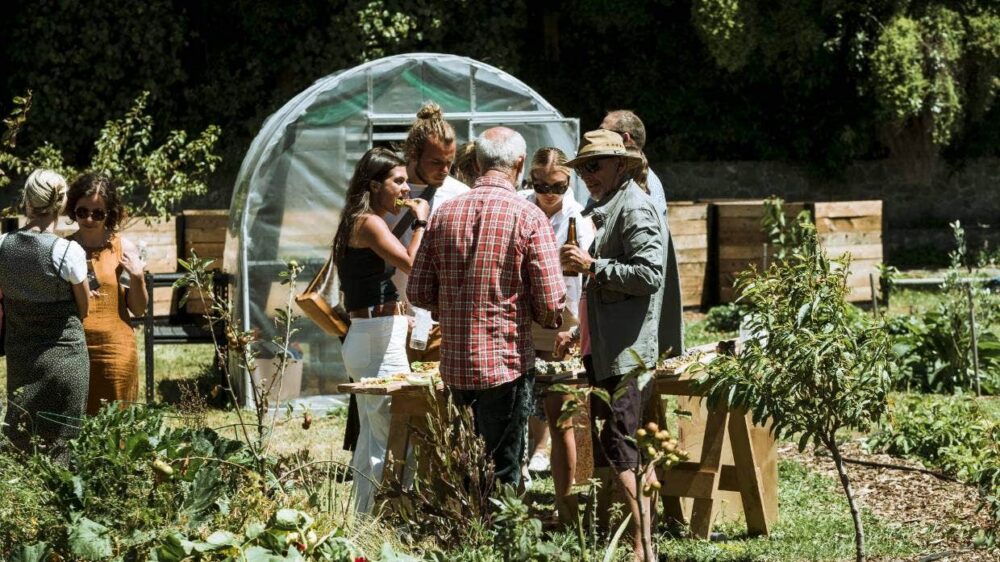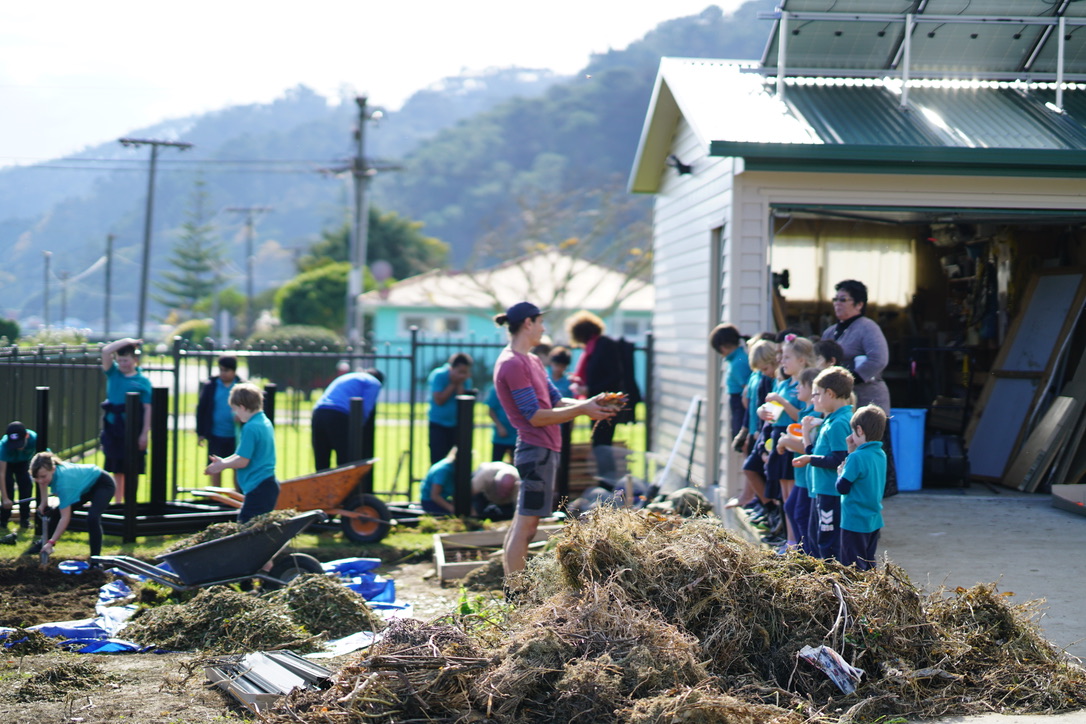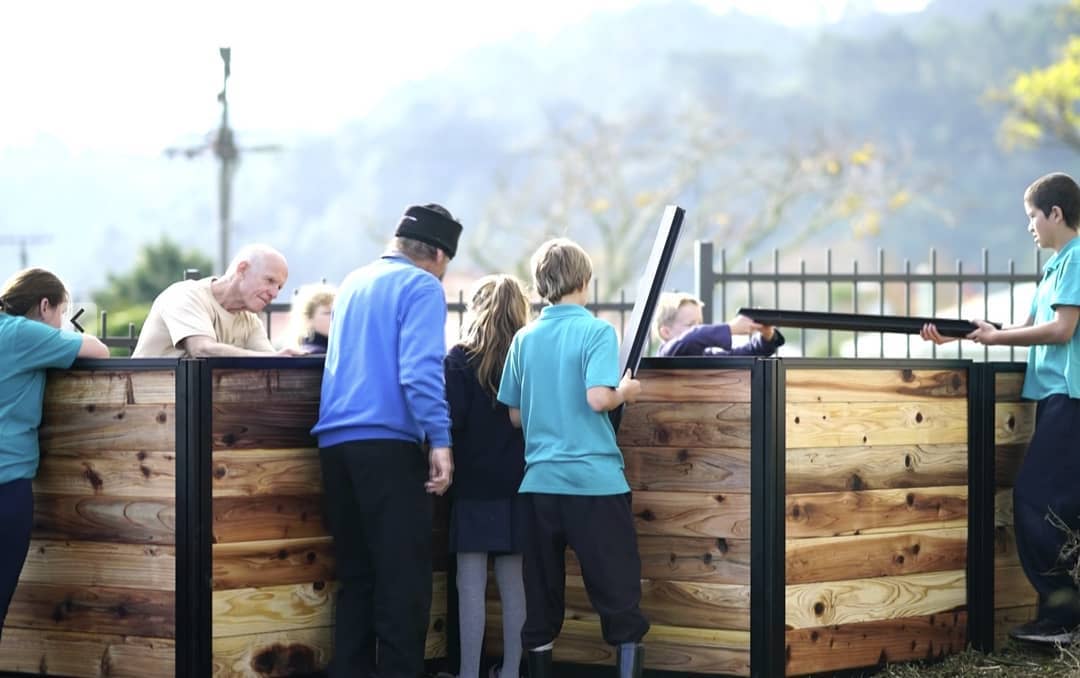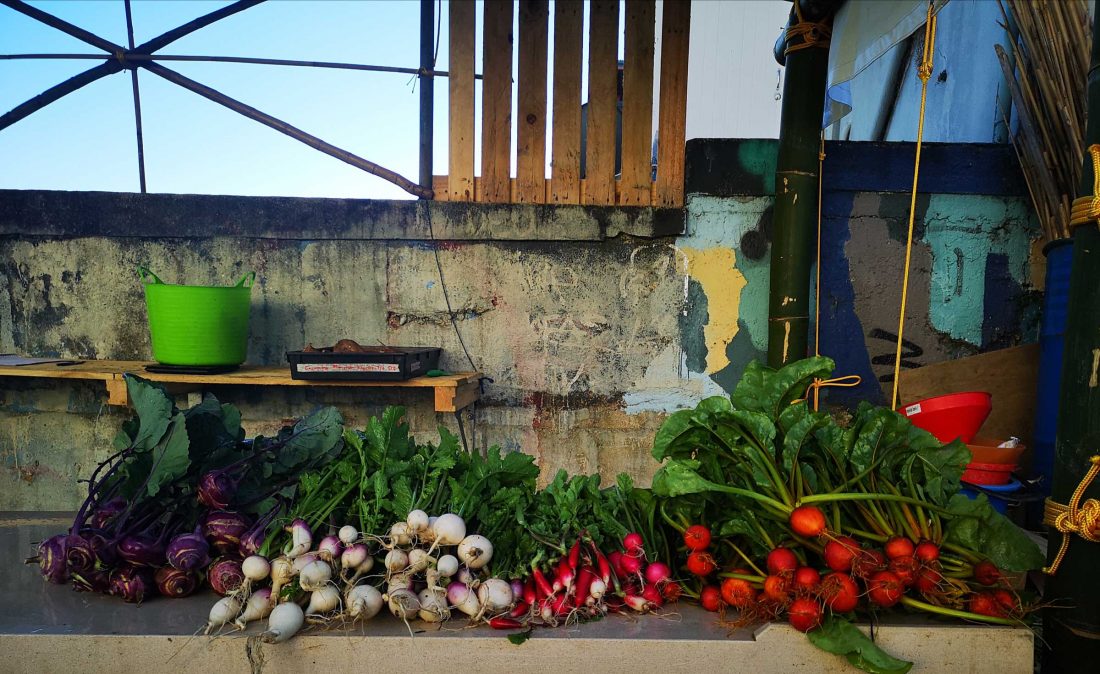How Hot Compost Can Cool The Planet
Nine year old Nico successfully persuaded Unilever to remove plastic scoops from its Surf washing powder thereby eliminating 15 tonnes of plastic from the system. He now seeks the help of the Minister of Education to put compost bins in every school so that students can recycle nutrients into the soil, grow healthier vegetables, harvest, cook and share fresh kai, and learn about the importance of compost.
It’s an idea that worth thinking about, particularly as it is becoming increasingly apparent that the world is in a persistent cycle of drought, floods, deforestation, soil erosion, land degradation, heat waves, heat domes, soaring temperatures, disruption of precipitation patterns, extreme weather events, forest fires, crop failures, and alarming food shortages. New Zealand is not exempt from this crisis. The cost of fruit and vegetables, essential for a healthy diet, has increased year on year by 17% for the last three years and shows no sign of abating. Food is becoming unaffordable. It is driving communities into hunger and poverty.
READ MORE